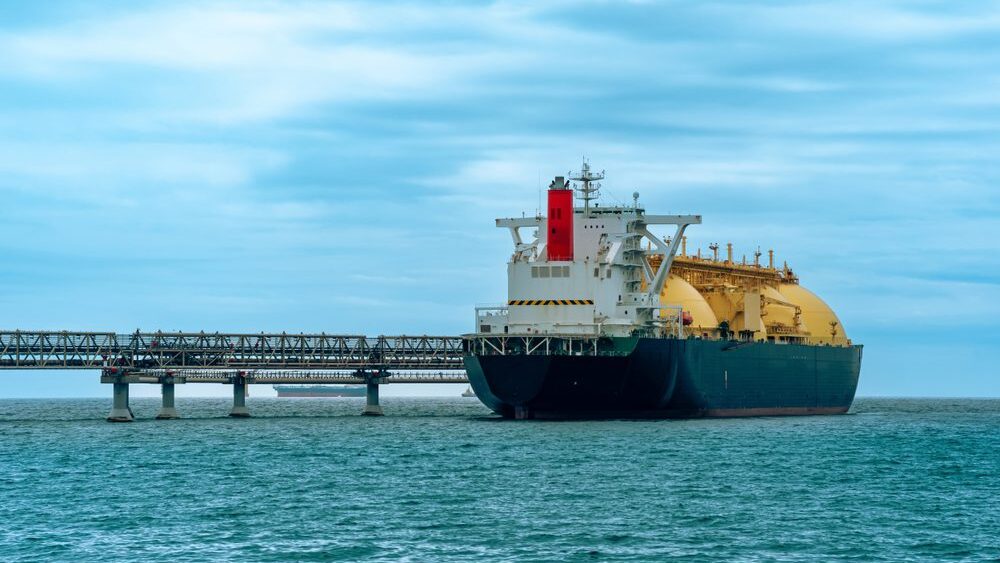
Despite EU attempts to impose sanctions and wean itself off Russian energy dependency, Russian exports of liquified natural gas (LNG) to Europe hit an all-time high of 1.75 million tons in November. The largest November volumes were shipped to France and Belgium.
The figure is even larger than in December 2022, when Russia exported 1.74 million tons of LNG to Europe, according to data and analytics firm Kpler.
In contrast with coal and oil, Russian gas has not been placed under sanctions by the EU but the European Commission has said member states should rid themselves of Russian fossil fuels by 2027. EU policymakers have defended the continuation of imports from Russia as being due to long-term contracts agreed before the war. Nevertheless, Ukraine has added Belgian gas operator Fluxys to its list of “international sponsors of war” because of its dealings with Russian producers of LNG. Fluxys has a 20-year contract with Russian company Yamal that ends in 2039.
Spain is the leading importer of Russian LNG among EU countries, followed by France and Belgium, the Institute for Energy Economics and Financial Analysis (IEEFA), an independent research organisation wrote in a report last week. Although France reduced its imports of Russian LNG from January to September 2023, Spain and Belgium increased theirs by 50% compared to the same period in 2022. This comes after a similar report by the IEEFA about the continued and intensified European imports of Russian LNG.
About 21% of all Russian LNG flowing to the EU is reshipped to other parts of the world, a practice that boosts Moscow’s revenues, writes the Financial Times. While contracts for the transshipment of Russian LNG have been banned in the United Kingdom and the Netherlands, Russian gas shipments are routinely transferred between tankers in Belgium, France, and Spain before being exported to non-EU countries, including China, Japan, and Bangladesh.
According to the IEEFA, the EU’s expenditures on Russian gas and LNG in 2022—the year of Russia’s invasion of Ukraine—more than doubled from the previous year, with payments for LNG tripling to €16.1 billion.
Although the EU’s sanctions were intended to hit the Russian economy hard and prevent Russia from funding its war, “key sectors of Russia’s economy are adapting and in some cases completely rebounding from unprecedented international sanctions imposed over the war in Ukraine,” Bloomberg recently reported. “The fiscal stimulus that has helped fuel the turnaround is set to continue, enabled in part by Russia’s ability to redirect oil supplies to other countries and to sell crude at prices above a $60 cap imposed by the Group of Seven nations and the EU,” they write.
